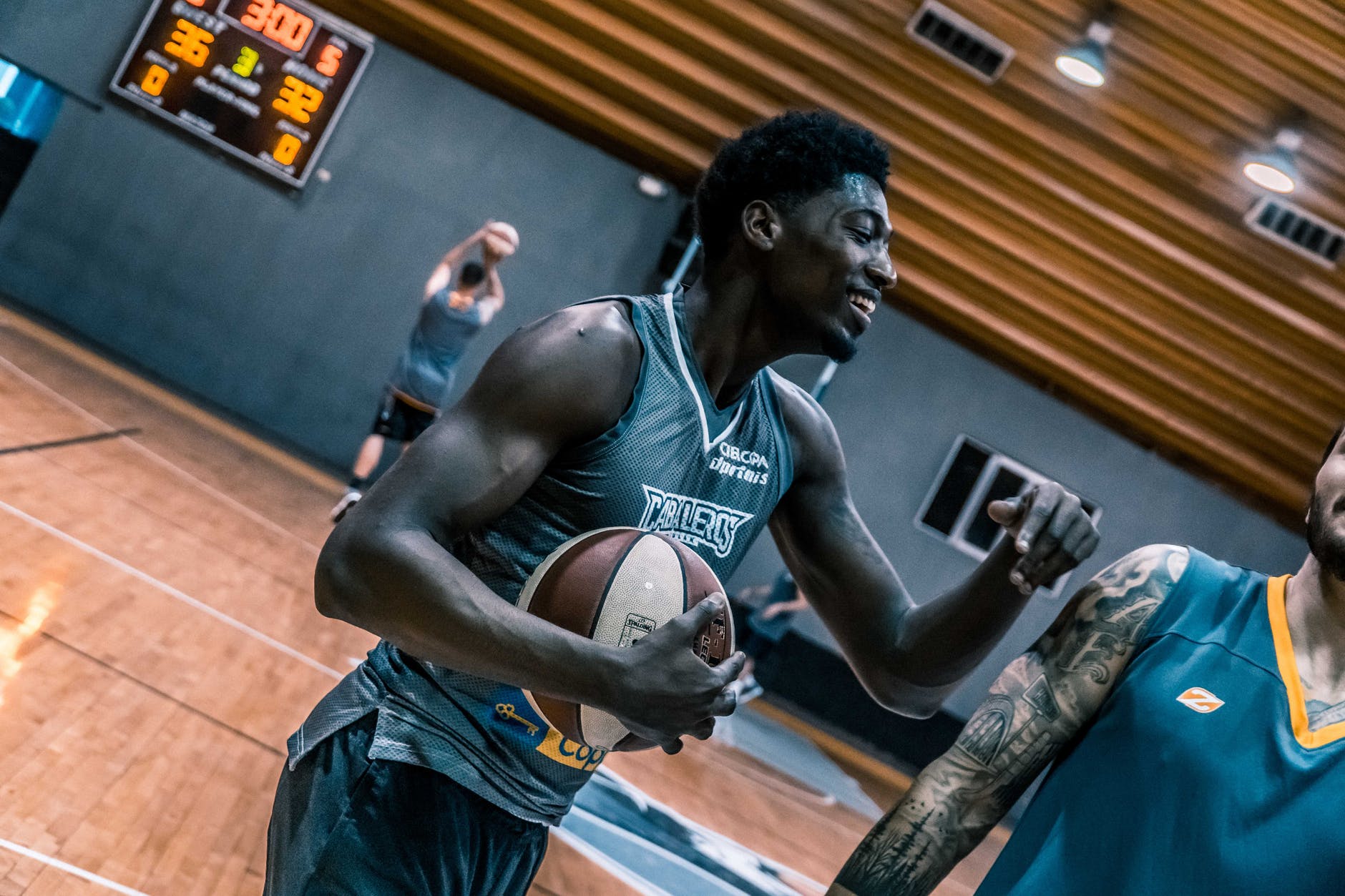
Teamwork is a central component of basketball. Without players working together on the court, games are not won, skills are not developed, and bonds among lifelong friends are not formed.
Especially true for younger athletes today, being a great teammate may be commonly misconstrued for someone who serves as a bench or role player, and steps aside to allow star players to reap all the glory. This could not be further from the truth. A great teammate is one that puts their team first and plays unselfishly. Here are a number of ways every player can become a better teammate on and off the court.
Positive Attitude
Starting the day with an upbeat attitude and bringing that to practice sessions and games goes a long way in encouraging your teammates to exude that same positivity. Speak confidently and with motivation in your voice.
Aside from communication, your attitude should reflect that of a team mentality, valuing “we over me.” Basketball teams cannot be successful with any other mindset. Players should be willing to sacrifice their own personal achievements for the betterment of the team.
Maximum Effort
No matter whether you are playing in a game, a practice session, or working out in the gym, give your strongest performance every time. Show your teammates that you are truly passionate about the sport and they will follow suit if they feel the same. Off the court, making the same amount of effort in the classroom, learning plays, and studying film also displays a team-first, winning mentality.
Communicative
Speak up amongst your team. Know the ins and outs of your team’s offensive and defensive styles of play and help your teammates understand them just as well. When you’re on the court, loudly and confidently call out designed plays, communicate on defense, and celebrate the success of your teammates. Bring as much energy to your team as you can and all players will thrive.
Leadership
Perhaps the most obvious characteristic of a great teammate is leadership. Similar to giving your maximum effort, show your teammates that you truly care about them and the sport itself. Show up to practices early, leave later, participate in team meetings and invest in your teammates. Understand their skill sets and hold them responsible for their own development. Helping your fellow players displays a genuine interest in them and the team as a whole.

